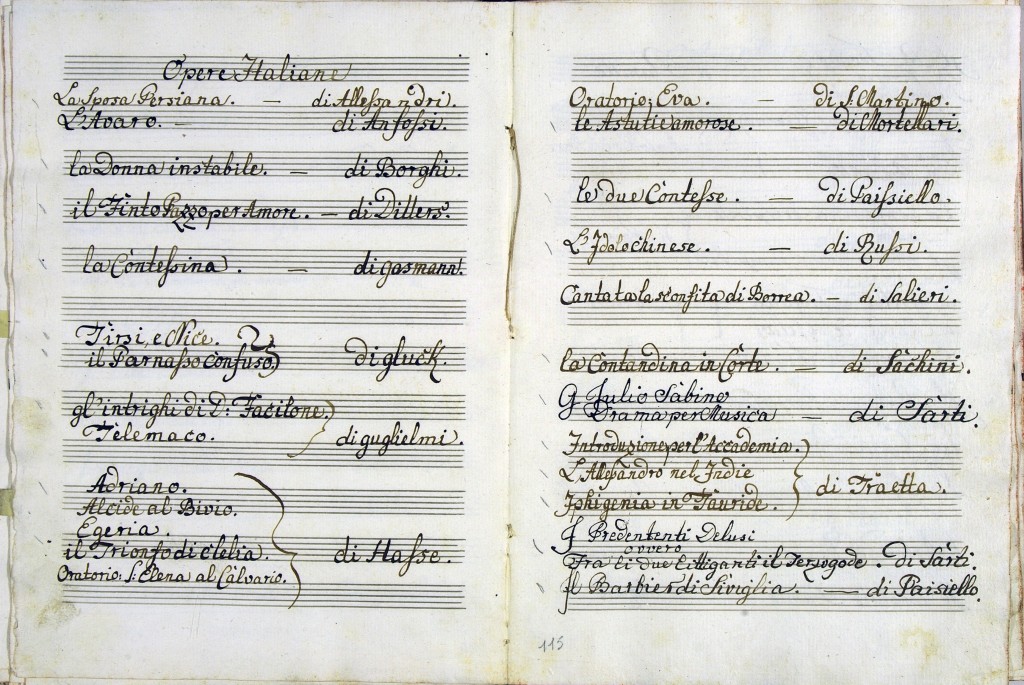A Music-Loving Elector from the House of Habsburg
Maximilian Franz was born on December 8, 1756, as the youngest child of Emperor Franz I (Francis Stephan) and Maria Theresia. Consequentially, he was part of a family widely known, then and even today, for its support and cultivation of music, but whose approach to and understanding of music changed decisively in the second half of the 18th century. While the generation just before Maximilian thought of music and music-making primarily in terms of their representational and social capital (it would be anachronistic to speak in terms of a “public sphere” at this time), this changed with Maria Theresia and the meaning she placed on the newly emerging private sphere. The imperial family’s own music-making, and that of the surrounding nobility, would form an important element of this private sphere, through which music migrated further from an instrument of representation to one of social prestige.
Maximilian thus grew up in a court and society where music played a complex and active role in socialization processes and social connections. He received music lessons from court musicians of the highest caliber, and from his earliest childhood he was tightly integrated – equally as recipient and protagonist – into the cultural happenings of the Viennese court.During his early years at the Viennese court, he came in contact with a large musical repertoire – from the court musical establishment, the theaters, performances of opera and ballet in the context of children’s theatre, as well as his own music-making among family members, other nobility, and musicians; and during the journey through Germany, France, and Italy he undertook in 1774-75 as a conclusion to his education. This repertoire and its connections formed his musical tastes and later receptivity towards new music and is directly reflected in his own musical collection.
The Catalogo Generale lists numerous pieces that originate from Maximilian’s childhood in the 1760s and early 1770s. Many of these are directly linked to the imperial court, such as Gluck’s Il parnasso confuso, which was performed in 1765 for the second wedding of Joseph II by a cast of archdukes and -duchesses and led by Leopold from the harpsichord. A copy still exists in Modena.

Catalogo Generale, I-MObeu, Cat. Gen. 53 (I-II), fol. 114v-115r. Here are listed many works with a direct connection to the Viennese court, which Maximilian Franz would certainly have heard and seen during his childhood.
In 1784, at the age of 28, Maximilian Franz moved to Bonn to assume his post as Elector of Cologne. With this he transformed from the emperor’s brother into a sovereign with his own residence, which had its own musical establishment and court theater. He enriched both of these not only through his musical library, but also through the contacts and experiences from Viennese musical life he brought with him to Bonn. There he pursued his inclinations further, played music, surrounded himself with musicians and music-loving nobility, and expanded his collection. Besides this, he concentrated intense efforts on the systems of court music and theatre in Bonn. Maximilian Franz’s role as protagonist in Bonn’s musical and theatrical life is one of the central interests of this project.

![Jean-Étienne Liotard [Public domain], via Wikimedia Commons](https://operatic-library.univie.ac.at/wp-content/uploads/2014/05/Archduke_Maximilian_by_Liotard-1762_wikipedia.jpg)